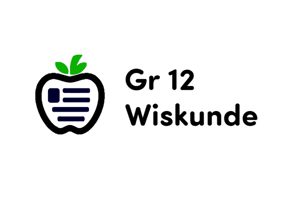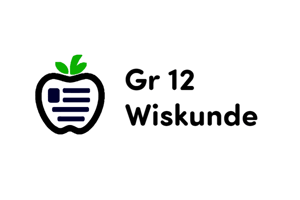Podcast
Questions and Answers
What does the common difference represent in an arithmetic sequence?
What does the common difference represent in an arithmetic sequence?
- The constant added or subtracted to move from one term to the next (correct)
- The sum of all numbers in the sequence
- The maximum number in the sequence
- The product of the first and last terms
How is the nth term of an arithmetic sequence calculated?
How is the nth term of an arithmetic sequence calculated?
- $n + d - a$
- $a * d^n$
- $n/a - d$
- $a + n*d$ (correct)
Which formula characterizes an arithmetic sequence based on previous terms?
Which formula characterizes an arithmetic sequence based on previous terms?
- Quadratic formula
- Recursive formula (correct)
- Linear formula
- Exponential formula
In the sequence 5, 9, 13, 17, what is the common difference?
In the sequence 5, 9, 13, 17, what is the common difference?
For an arithmetic sequence with a first term of 2 and a common difference of -3, what is the 8th term?
For an arithmetic sequence with a first term of 2 and a common difference of -3, what is the 8th term?
What would be the result of applying a recursive formula to an arithmetic sequence?
What would be the result of applying a recursive formula to an arithmetic sequence?
Flashcards are hidden until you start studying
Study Notes
Arithmetic Sequences
Introduction
An arithmetic sequence is a sequence of numbers where each successive number is the sum of the previous number and some constant, known as the common difference. This concept is used in algebra to describe sequences of numbers that follow a specific mathematical pattern. Understanding arithmetic sequences is crucial for solving problems involving sequences and series, making them an important topic in mathematics education.
Common Difference
The most basic concept related to arithmetic sequences is the common difference, denoted as d. As mentioned earlier, the common difference represents the constant added or subtracted to move from one term to the next in the sequence. For example, consider the arithmetic sequence 3, 7, 11, 15. The common difference is +4, as each number in the sequence is obtained by adding 4 to its preceding element.
Nth Term
The nth term of an arithmetic sequence can be found using the formula a + (n-1)*d, where a represents the first term and n represents the position of the desired term in the sequence. For instance, if we want to find the 5th term in an arithmetic sequence with first term 3 and common difference +4, we would use the formula 3 + (5-1)*4 = 23.
Recursive Formula
In addition to the direct formula for the nth term, arithmetic sequences can also be described using recursive formulas. These are formulas that define the sequence based on previous terms. For example, consider the arithmetic sequence {a_n}, where a_n = a_(n-1) + d. This formula states that each term is obtained by adding the common difference d to the previous term.
Applications of Arithmetic Sequences
Arithmetic sequences have numerous applications in various fields, such as finance, physics, and computer science. They can be used to model scenarios where quantities increase or decrease linearly with time, like interest rates, population growth, or the distribution of particles in a physical system. Understanding how to work with arithmetic sequences allows us to better understand these systems and make predictions about their future behavior.
Studying That Suits You
Use AI to generate personalized quizzes and flashcards to suit your learning preferences.




